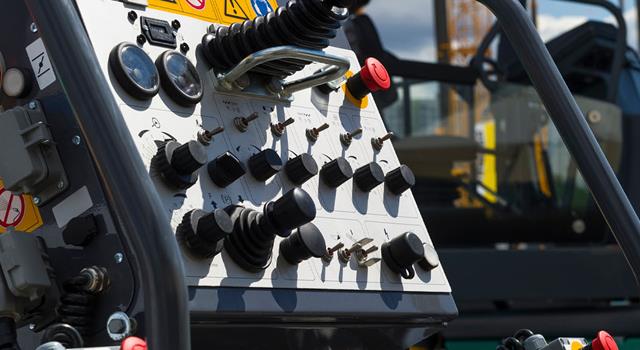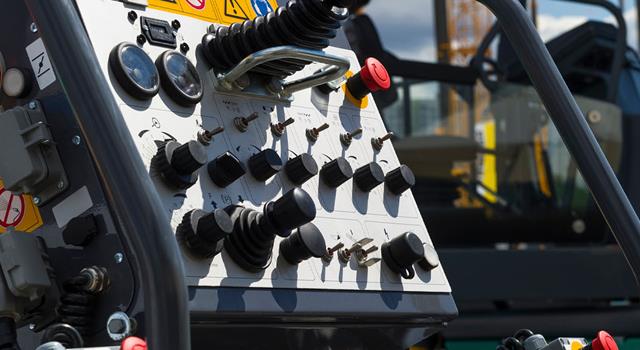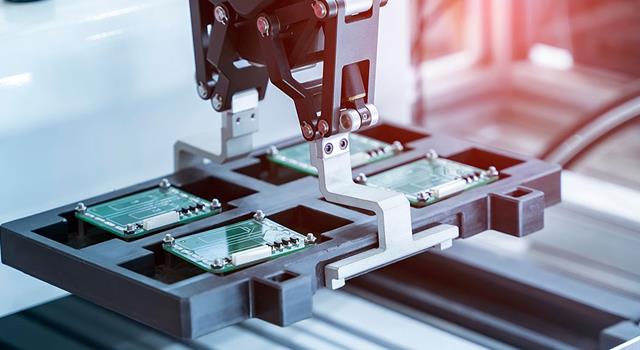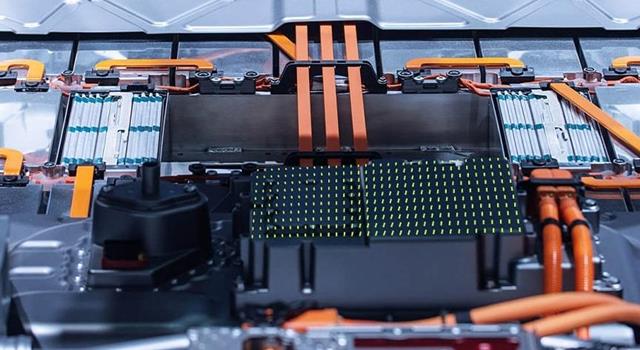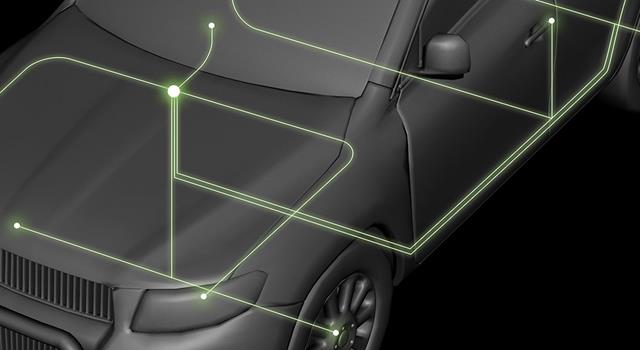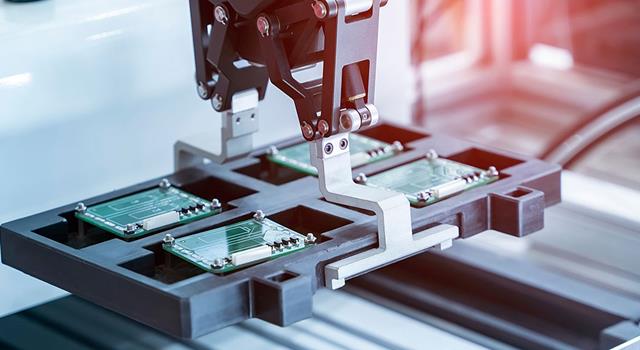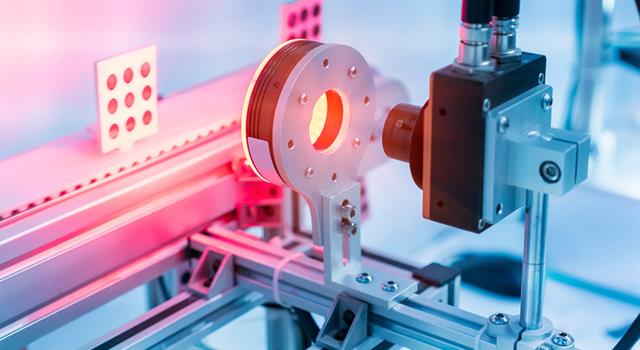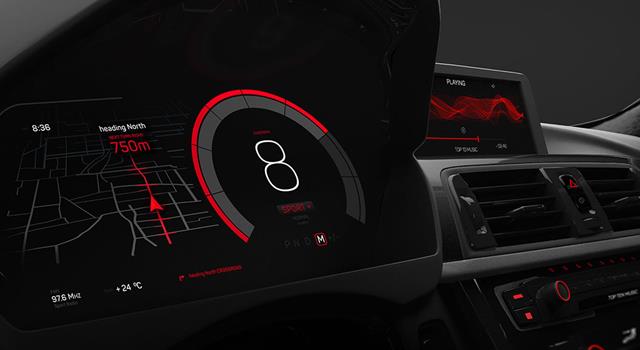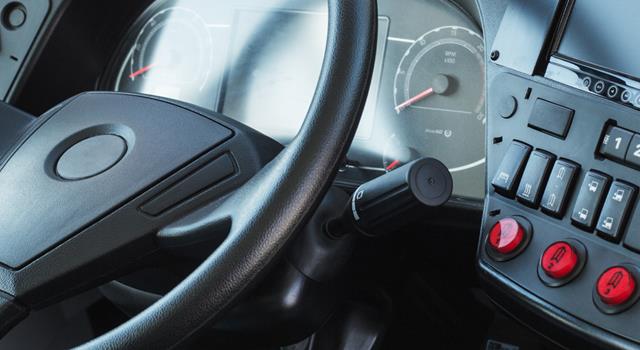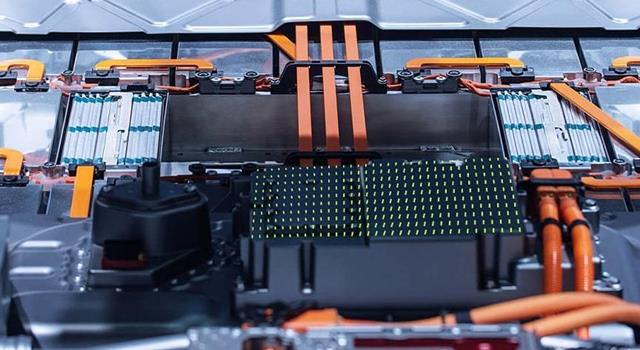CANBUS technology is an integral part of modern electronic systems, yet it remains shrouded in mystery for many. This blog aims to demystify CANBUS, offering a clear understanding of its basics, applications, and importance. Let’s embark on a journey through the world of CANBUS.
The Genesis of CANBUS
Developed in the 1980s by Bosch, CANBUS was designed to enable efficient communication between various components in vehicles without the need for extensive wiring. It revolutionized the automotive industry, allowing for reduced complexity and improved functionality.
Understanding CANBUS Technology
At its core, CANBUS is a network protocol that allows microcontrollers and devices to communicate with each other without a central computer. It is like a nervous system where each node (device) can talk and listen to each other directly. This decentralized approach reduces the complexity of wiring and increases reliability.
CANBUS in Action
From automotive to industrial automation, CANBUS plays a crucial role. In vehicles, it controls everything from engine management to air conditioning. In industries, it is used for machine control and automation, significantly improving efficiency and safety.
Technical Aspects of CANBUS
CANBUS follows standards like ISO 11898, which defines aspects like signal levels, data transfer speeds, and connection methods. Data is transmitted through frames, which include an identifier, control bits, data, and a checksum for error detection.
Setting Up a CANBUS System
Setting up a CANBUS system involves connecting nodes (sensors, actuators, controllers) to a two-wire bus. Tools like CAN analyzers and diagnostic software are used for troubleshooting and monitoring the network. The challenge lies in ensuring proper termination and dealing with potential electromagnetic interference.
The Future of CANBUS Technology
CANBUS is continuously evolving. With the advent of CAN FD (Flexible Data-Rate), the technology now supports higher data rates and larger data fields. This evolution opens up new possibilities in areas like autonomous driving and smart manufacturing.
Conclusion
CANBUS technology, with its simplicity and efficiency, is a cornerstone in modern electronic systems. Understanding its basics is not just for engineers but for anyone interested in the technological advancements shaping our world.








